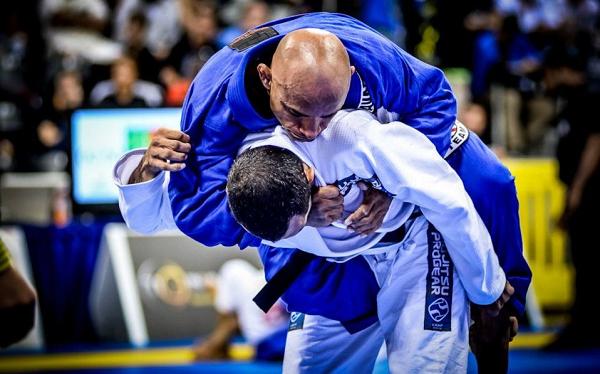After my speech, I found myself surrounded by a cluster of people wanting to say hello or ask a question. This surprised me because these were employees, not readers. Like matriculated students attending classes, employees attend company-sponsored lectures under some degree of compulsion. They weren’t there because they were fans.
One of them, a young man who works as a telemarketer, surprised me doubly by asking a question so simple it seemed at once naïve and profound: “What do I have to do to be successful in my job?”
The thing is, this kid was serious. He believed I knew the answer. And I had the feeling that he was ready to put into practice whatever advice I was going to give him.
Other people were listening. The question begged for a long and complicated answer, but the moment demanded a brief and simple reply.
What to say?
As it happened, I’d been thinking and writing about a parallel question: What does it take for a social or cultural group to achieve economic independence? My answer to that question was about values and commitment.
To lift themselves out of poverty and acquire wealth, a social group (even a family) must place a high moral value on three ideas: hard work, saving, and learning. No amount of external financial aid will do the job if the group does not believe in and practice these values, for they are the moral and behavioral cornerstones of wealth creation.
So that’s what I went with: Hard work, saving, and learning. READ MORE




